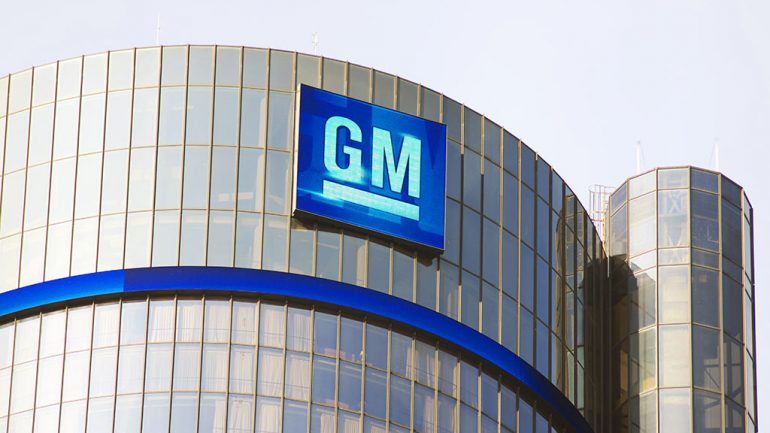
General Motors (GM) has stated that it anticipates offering higher wages to its unionized workers. However, the company is critical of the United Auto Workers’ (UAW) contract demands, as they fear that fulfilling the ambitious requests could negatively impact their ability to make sound business decisions.
According to sources from both the company and the union, the UAW is seeking a substantial 40% pay increase over the course of the proposed four-year contract. This includes an initial 20% raise upon ratification. The UAW justified its demands by highlighting that the CEOs of the Detroit Three received an average pay hike of 40% over the last four years. GM’s CEO, Mary Barra, notably received $29 million in total compensation in 2022.
The UAW presented its economic demands to General Motors on Wednesday, alongside Chrysler-parent Stellantis on Tuesday and Ford on Thursday, ahead of the current four-year contracts’ expiration on September 14.
As the largest U.S. automaker, GM expressed concern that meeting the proposed contract demands could jeopardize its ability to act in the long-term interest of the company. However, the union emphasized its desire for double-digit wage increases, defined-benefit pensions for all employees, shorter workweeks, and making all temporary workers permanent at U.S. automakers. Additionally, the UAW seeks increased paid time off, restored retiree health care benefits, and cost-of-living adjustments.
UAW President Shawn Fain further supported the idea of a 32-hour workweek, down from the traditional 40 hours, and requested the equivalent of a paid day off per week. The union’s proposals come at a time when global trials of a four-day working week are increasing.
GM asserted that a fair agreement should reward its employees while maintaining the company’s momentum in the present and future. The automaker also highlighted the importance of protecting U.S. manufacturing and jobs, particularly in an industry dominated by non-unionized competitors.
One significant point of contention is the UAW’s push to have the right to strike over plant closures and the elimination of the two-tier wage system. The current wage system results in veteran hires earning 25% or more than newer employees.
As of now, the UAW has not responded to GM’s statement, and President Shawn Fain characterized these demands as the union’s most audacious and ambitious proposals in decades. The negotiations between GM and the UAW will play a crucial role in shaping the future of labor relations in the automotive industry.
Source: Reuters

Mike Floyd is a finance executive by trade and a car enthusiast at heart. As a CFO with a keen eye for detail and strategy, Mike brings his analytical mindset to the automotive world, uncovering fresh insights and unique perspectives that go beyond the surface. His passion for cars—especially his favorite, the Porsche 911, fuels his contributions to Automotive Addicts, where he blends a love for performance and design with his professional precision. Whether he’s breaking down industry trends or spotlighting emerging innovations, Mike helps keep the site both sharp and forward-thinking.